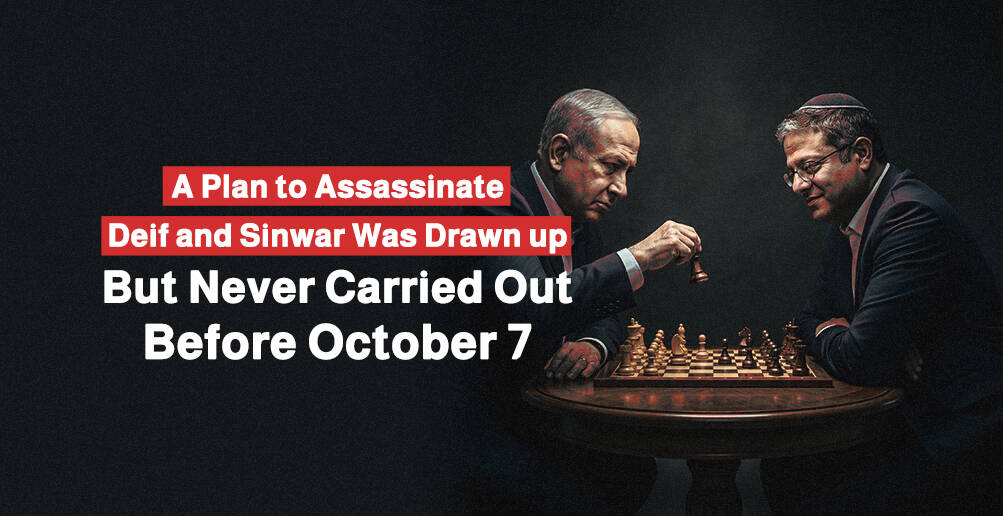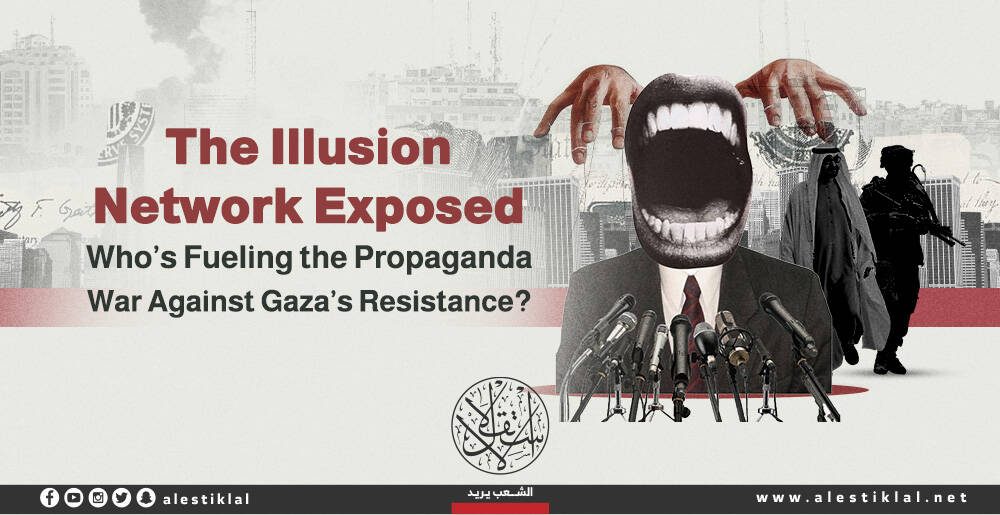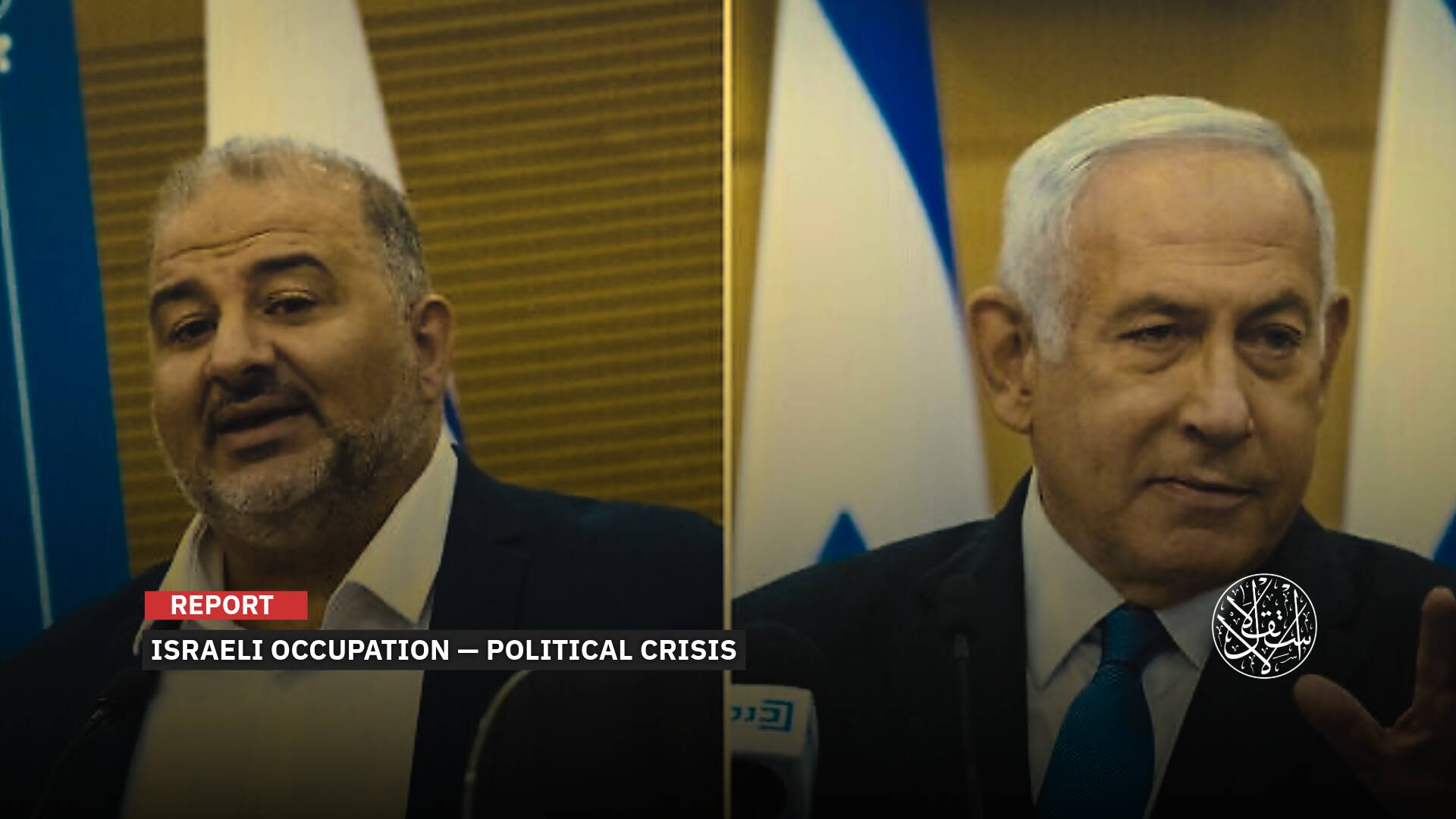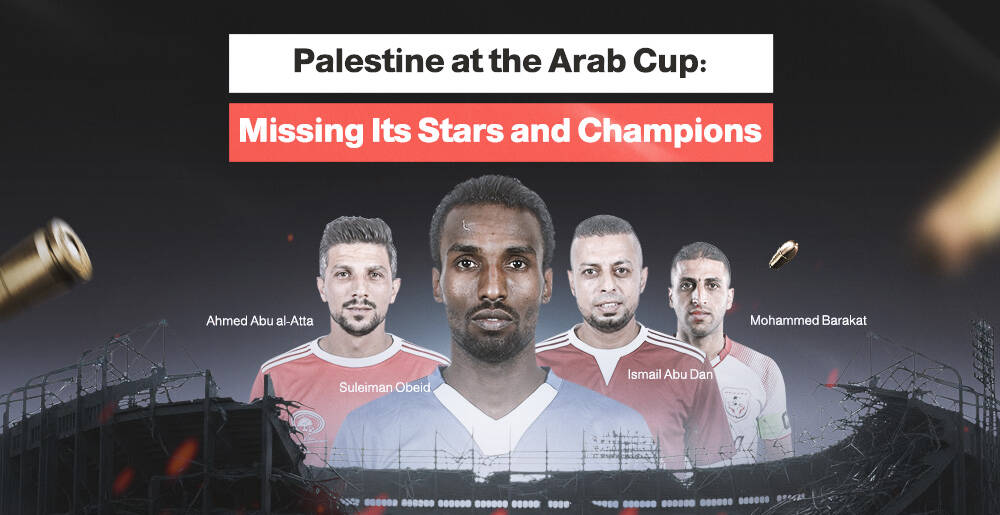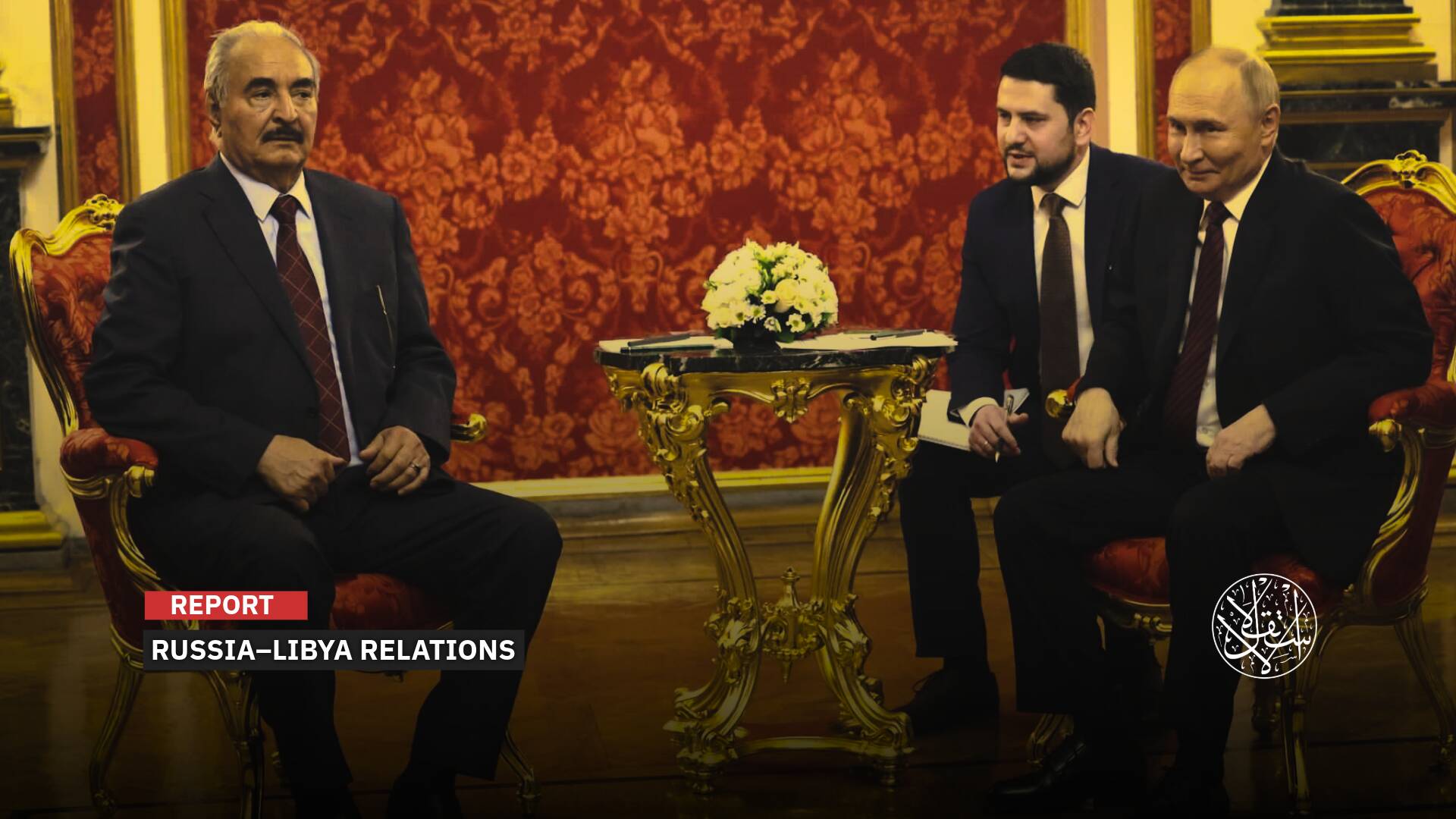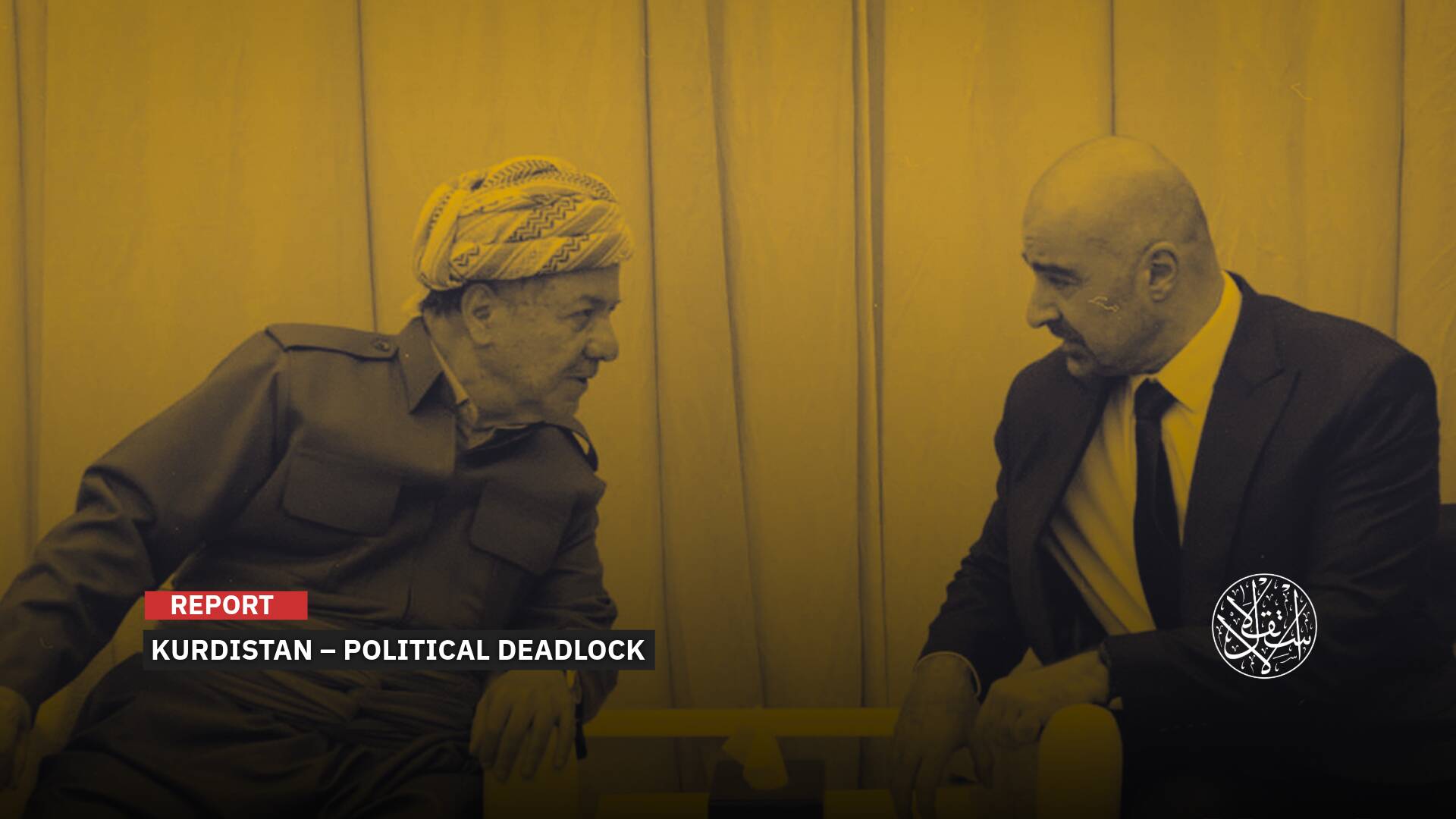Palestinian Journalists Syndicate: ‘Israel Banned 4,020 Reporters from Entering and Killed 206’ (Exclusive)

“Israeli leaders will be held accountable for the crimes they have committed against Palestinian journalists.”
As the Israeli Occupation’s relentless assault on the Gaza Strip continues, Palestinian journalists are living through one of the most dangerous and difficult moments in their profession. They have become direct targets of the Israeli army—killed and assassinated in their own homes and the middle of their reporting duties. Others have received threats that they, too, could be next.
Yet despite the grave dangers, these journalists remain committed to delivering the truth to the world. Undeterred by the Israeli Occupation’s campaign to silence them—including the ban on foreign journalists and the blockade of vital press equipment—they press on with courage and conviction.
“Targeting journalists is not random. It’s a deliberate policy adopted by the Israeli occupation to prevent the world from seeing the crimes it commits against the Palestinian people,” Tahseen al-Astal, Deputy Head of the Palestinian Journalists Syndicate in Gaza, told Al-Estiklal.
During an exclusive interview, al-Astal revealed that the Syndicate, in partnership with the International Federation of Journalists, has taken the matter to the International Criminal Court, “to pursue accountability for the Israeli Occupation’s war crimes against journalists.”
“The International Criminal Court is under serious and formal pressure from the U.S. administration, which is engaging in real intimidation to block any attempt to put the Israeli Occupation on trial for its crimes against journalists.”
Tahseen al-Astal was born in Khan Younis on March 15, 1972. He is married and has two sons and five daughters.
He holds a bachelor’s degree in journalism from the Faculty of Arts at the Islamic University of Gaza (1997), a master’s in media from the Institute of Arab Research and Studies in Cairo (2003). He earned his PhD in media from the same institute in 2009.

Crimes Against Humanity
How would you describe the current reality for journalists in Gaza under ongoing Israeli attacks?
The situation for journalists is extremely difficult, and reporting in Gaza has become incredibly dangerous. The Israeli Occupation deliberately targets journalists, their homes, media institutions, and even their close family members. Journalism in Gaza during this war is no longer just a profession—it’s a life-threatening mission.
Yet, despite the immense danger and heavy sacrifices, journalists remain determined to continue their work. The Israeli Occupation’s terror campaign has not stopped them from fulfilling their journalistic duty.
How many journalists have been targeted since the beginning of the Israeli genocide on Gaza? And what are the main violations they’ve faced?
As of March 26, 2025, the Israeli Occupation has killed 206 journalists and media workers, according to the Palestinian Journalists Syndicate.
They were killed in direct Israeli strikes—some while reporting in the field, others assassinated, burned alive, or bombed in their homes along with their families.
Dozens of Palestinian journalists have been injured, and every media institution in Gaza has been destroyed.
Do you believe the targeting of journalists is part of a systematic policy by the Israeli Occupation? And what’s the objective?
Absolutely. The targeting of journalists is a calculated strategy by the Israeli Occupation. It doesn’t want the world to witness the crimes it’s committing against the Palestinian people.
The Israeli Occupation is committing war crimes—crimes against humanity. And journalism, without question, exposes these crimes. That’s why the Israeli Occupation resorts to every possible tactic, including deliberate killing, to silence the truth and prevent the world from seeing what its forces are really doing.

The Role of the Syndicate
What role is the Palestinian Journalists Syndicate playing to protect journalists under such dangerous conditions?
Our primary role focuses on awareness—providing journalists with safety guidance and practical tips to navigate war zones.
Before the Israeli aggression, several safety training courses were organized to educate journalists on how to handle themselves during wartime. We also plan to organize more courses in this field over the next two months.
We’re also working continuously to strengthen professional protection for journalists.
We believe that the protection of journalists is achieved through official stances taken by partner and friendly unions, as well as international organizations, against the Israeli Occupation state.
We’ve already compiled full documentation, in cooperation with the International Federation of Journalists, and together we’ve submitted these files to the International Criminal Court to hold Israel accountable for its crimes against journalists.
We firmly believe that pursuing justice through international courts is a vital step in protecting Palestinian journalists from assassination and targeted killings by the Israeli Occupation.
Is there coordination between your syndicate and local or international human rights organizations to hold ‘Israel’ accountable for its crimes against journalists?
Absolutely. We have full coordination with both official and rights-based organizations, including the International Federation of Journalists, the Federation of Arab Journalists, and other allied unions.
This includes cooperation with the Palestinian Ministry of Justice and all relevant official bodies to compile and prepare legal files needed to prosecute the Israeli Occupation for its crimes against the press.
We’re also working hand in hand with humanitarian, rights-based, and relief organizations to provide essential support to journalists during the assault—whether it’s legal aid or basic needs like food supplies. These efforts help journalists endure and continue their vital work despite the dangers of war.
Are you receiving any international support to help affected journalists or their families?
Yes. The International Federation of Journalists is offering extensive support, in collaboration with various global journalism, labor, and human rights organizations.
A number of projects are currently underway to support journalists, all under the direct supervision of the IFJ.
Among the most notable achievements has been the establishment of three Media Solidarity Centers in Khan Younis, the Central Region, and Deir al-Balah. These centers have proven highly effective in providing a functional workspace for journalists, allowing them to remain connected with their media outlets even during wartime.

Legal Challenges
How do you assess the international stance on the targeting of Palestinian journalists?
International support from allied organizations has been unequivocal, especially in backing our efforts to bring cases before the International Criminal Court (ICC).
However, the ICC is under serious and direct pressure from the U.S. administration, which is engaging in what can only be described as real political intimidation against the Court, its President, and its Prosecutor.
That’s why it’s critical to exert pressure on the United States to stop interfering in the ICC’s work.
We firmly believe that the U.S. administration does not want the Court to function effectively, as this would strip the Israeli Occupation of its sense of impunity and expose its leaders to prosecution for war crimes and crimes against humanity.
Despite this, we continue to work tirelessly and in coordination with our partners on this case, and we are confident that, in the end, Israeli leaders will be held accountable for the crimes they have committed against Palestinian journalists.
Justice will ultimately prevail, and those responsible will be brought before the ICC.
Is there serious international momentum to hold ‘Israel’ accountable?
From the perspective of journalist unions, there is supportive coordination with international and friendly syndicates.
Still, we call for more concrete steps—real, serious pressure that compels Israel to pay a price for its ongoing crimes against journalists. There needs to be a shift from supportive statements to tangible action that challenges Israel’s impunity and sends a clear message about the consequences of targeting media workers.
What awareness efforts is the Journalists Syndicate in Gaza undertaking for media professionals?
We are fully committed to educating Palestinian journalists on how to work safely during war and aggression. This includes adhering to professional safety protocols and understanding their rights during conflict.
By following these guidelines, journalists are better equipped to protect themselves and continue delivering their message effectively, even in the most dangerous conditions.

How can journalists around the world support their colleagues in Palestine during these critical times?
By actively reporting on the situation, amplifying the voices of Palestinian journalists, and maintaining direct communication with them—especially as more than 4,020 journalists have been barred by the Israeli Occupation authorities from entering Gaza.
Even though they were granted access into Israel, they were denied entry to the Gaza Strip—yet another crime added to the long list of atrocities committed by the Israeli Occupation against our people.
It is essential to insist on continued coverage, so the world can see the truth and understand the scale of what our people are enduring—from a war of genocide to forced displacement.


